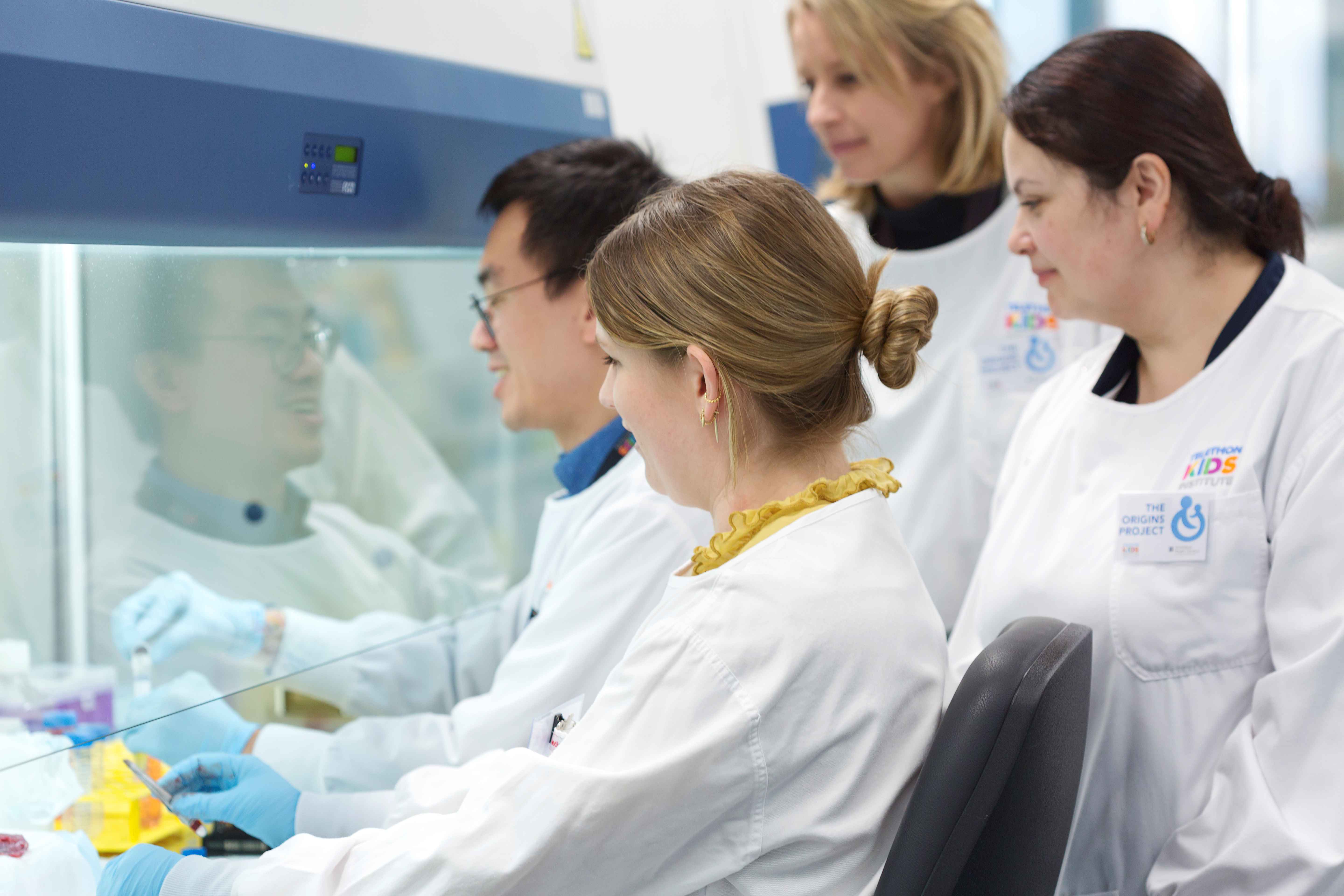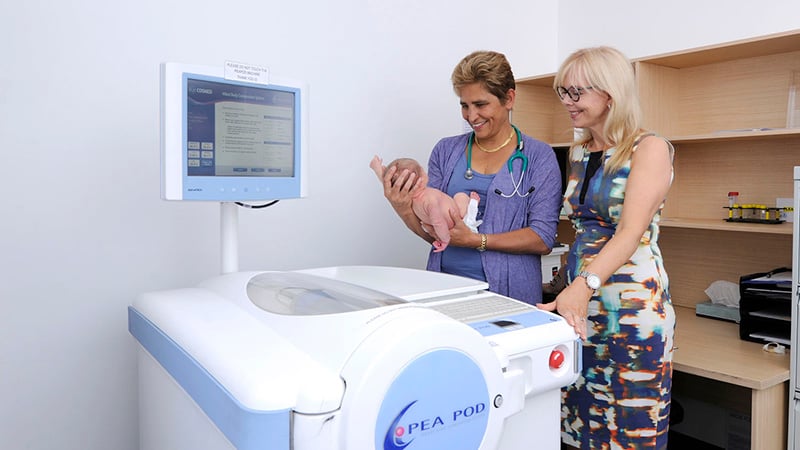Search
Research
Enrichment increases hippocampal neurogenesis independent of blood monocyte-derived microglia presence following high-dose total body irradiationlatent neural precursor cells remain present in the neurogenic niche of the adult hippocampus up to 8 weeks following high-dose total body irradiation

News & Events
Shopping For Data to Drive DiscoveriesWhat if researchers could shop for different data to help uncover how, when and why chronic conditions such as asthma, obesity, allergies and poor mental health develop?

News & Events
ORIGINS Ch7 News StoryORIGINS featured on Channel 7 News recently with two family stories of how ORIGINS changed their lives.

News & Events
Tips for protecting your baby in the summer heatPaediatrician Dr Lana Bell shares her top tips for keeping your baby or toddler cool, well-hydrated and protected as the temperature soars.


News & Events
Hong Kong researcher highlights importance of nature for children during Joondalup Health Campus visitJoondalup Health Campus welcomed international researcher Dr Tanja Sobko to share her research on the link between mental health and time spent in nature.

News & Events
Early ORIGINS: Disease prevention starts with the early yearsThe Joondalup Health Campus and The Kids are investigating how childhood and adult-onset diseases can be prevented during foetal development and in the early years of life.
Accessing the ORIGINS cohort, database or biological samples involves a process of review and approval.

ORIGINS is fortunate to have a small passionate and dedicated group of longstanding volunteers.

The ORIGINS Biobank is collecting biological samples from participant families at 10 timepoints between the time of pregnancy and the child turning five years of age.
